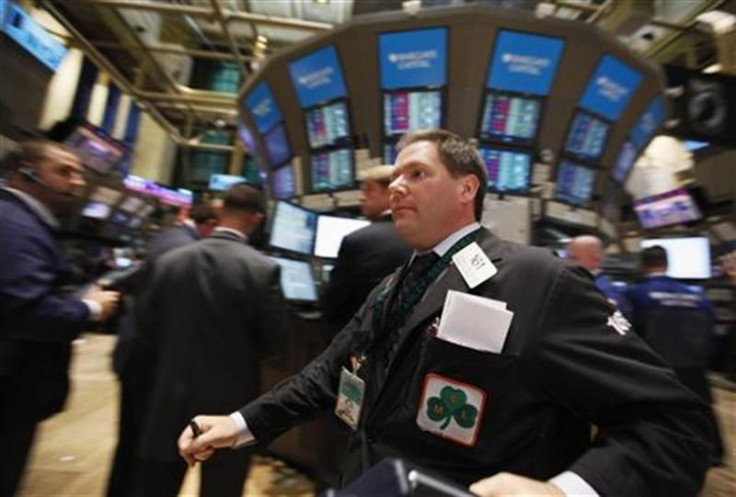Fading Fed Stimulus Hopes Weigh Down US Stock Futures

The U.S. stock index futures point to a lower open Wednesday amid the fading expectations about an announcement of monetary easing measures by the Federal Reserve to support the economy.
Futures on the Dow Jones Industrial Average were down 0.21 percent, futures on the Standard & Poor's 500 index were down 0.19 percent and those on the Nasdaq 100 index were down 0.15 percent.
On Tuesday, the U.S. stocks were mixed as investors remained cautious even after the encouraging July retail sales data. The U.S. Commerce Department reported Tuesday that the retail sales rose 0.8 percent in July up from a decline of 0.7 percent in June. However, the market participants sense that this will reduce the chance that the Fed will announce stimulus measures to rejuvenate the economy.
The Dow Jones Industrial Average marginally rose 0.02 percent, the S&P 500 Index was marginally down 0.01 percent and the Nasdaq Composite Index fell 0.18 percent.
Investors are likely to focus on the Department of Labor's Consumer Price Index (CPI) for July, to be published Wednesday. The CPI, which measures the change in the price of goods and services from consumer's perspectives, is expected to rise 0.2 percent in July after a flat reading in June.
The Federal Reserve will publish its Industrial Production and Capacity Utilization report Wednesday. The report measures the change in the total inflation-adjusted value of output produced by manufacturers, mines and utilities. It is expected to rise by 0.5 percent in July after 0.4 percent increase in June.
Major European indices were in red as investors were worried that the central bank was not announcing any stimulus measures to reduce the borrowing costs of economies in the euro zone. London's FTSE 100 was down 26.49 points, Germany's DAX 30 index fell 21.93 points and France's CAC 40 declined 13.33 points.
Asian stocks were down as market participants were losing hopes that policymakers would announce monetary easing measures to lift the weakening economic growth.
© Copyright IBTimes 2025. All rights reserved.





















